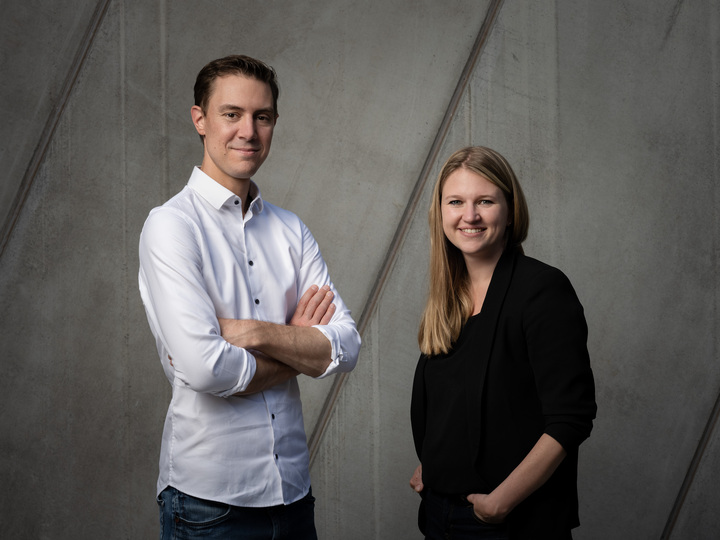The last two years have seen a tide of new climate-focused VC funds pop up in Europe, as the sector has proved relatively buoyant amid the wider tech industry.
London-based ETF Partners, which is today announcing its fourth fund closed at €285m, is one of the old guard. It started almost two decades ago, making it one of the very few funds to have made it through the ‘cleantech bubble’ — a period from 2006 to 2013, which saw a high number of VC-backed climate tech companies collapse — and lived to tell the tale.
ETF’s new fund will invest tickets of €5m-10m into digital businesses focused on climate change at seed, Series A and Series B.
Portfolio companies include zero-waste milk delivery service Modern Milkman, AI energy forecasting tech Dexter Energy and British satellite startup Open Cosmos.
Its LPs are “increasingly institutional,” says managing partner Patrick Sheehan, who previously managed 3i venture capital. They include several large public funds: the European Investment Fund, the British Business Bank and the Hellenic Development Bank of Investments.
What’s ETF Partners looking to back?
Although the fund steers clear of infrastructure investments — a hot topic at the moment as startups venture into the world of physical factories and large-scale hardware — it’s interested in software that works alongside it, says Sheehan.
“We are cautious of being involved in large engineering projects that could take decades to commercialise,” he says, citing carbon capture as something that may not be commercially deployed soon enough to make an impact.
“We’re focusing on areas where we can make an impact quickly through solutions that can be scaled at pace and where we can measure the difference we make within the lifetime of our investment holding period,” Sheehan says.
That includes software that works in hard-to-abate sectors: areas like steel and concrete manufacturing and shipping, which heavily rely on fossil fuels. ETF is also interested in carbon accounting and reporting software, Sheehan says. It has backed companies including Swedish carbon accounting startup Normative and the UK’s Net Purpose.
ETF has posted several exits recently. DeepSea Technologies, a Greek startup backed by ETF which optimises the routes for shipping vessels, helping to cut the amount of fuel they need, was sold to Japanese tech firm Nabtesco. Norwegian climate data startup Greenbird was sold to British energy equipment manufacturer GE Vernova and green street lighting startup Telensa was sold to lighting company Signify.
“We now have more competition”
The climate tech ecosystem has changed hugely since ETF started investing, says Sheehan. “The landscape has broadened and deepened considerably,” he says. “Of course, this also means that we now have more competition.”
Although that can make for tougher deal-making, it’s brought some positives, Sheehan says.
“Valuations in the most self-evident areas of climate tech have not adjusted in the same way that the broader markets in venture capital have over the past year or two,” he says. “In part, that is because there has been more new interest looking for deals and in part because those areas are booming.”



